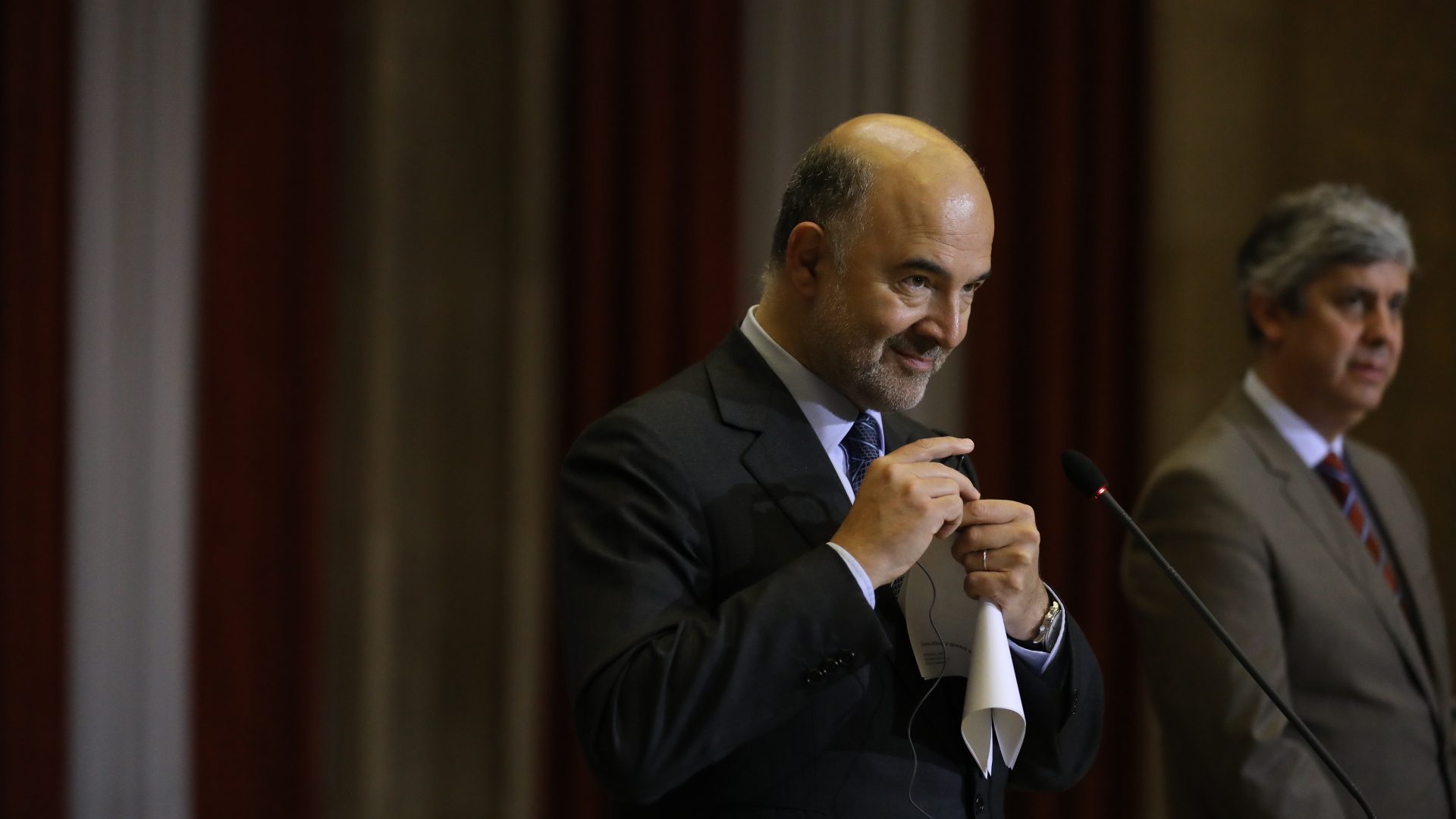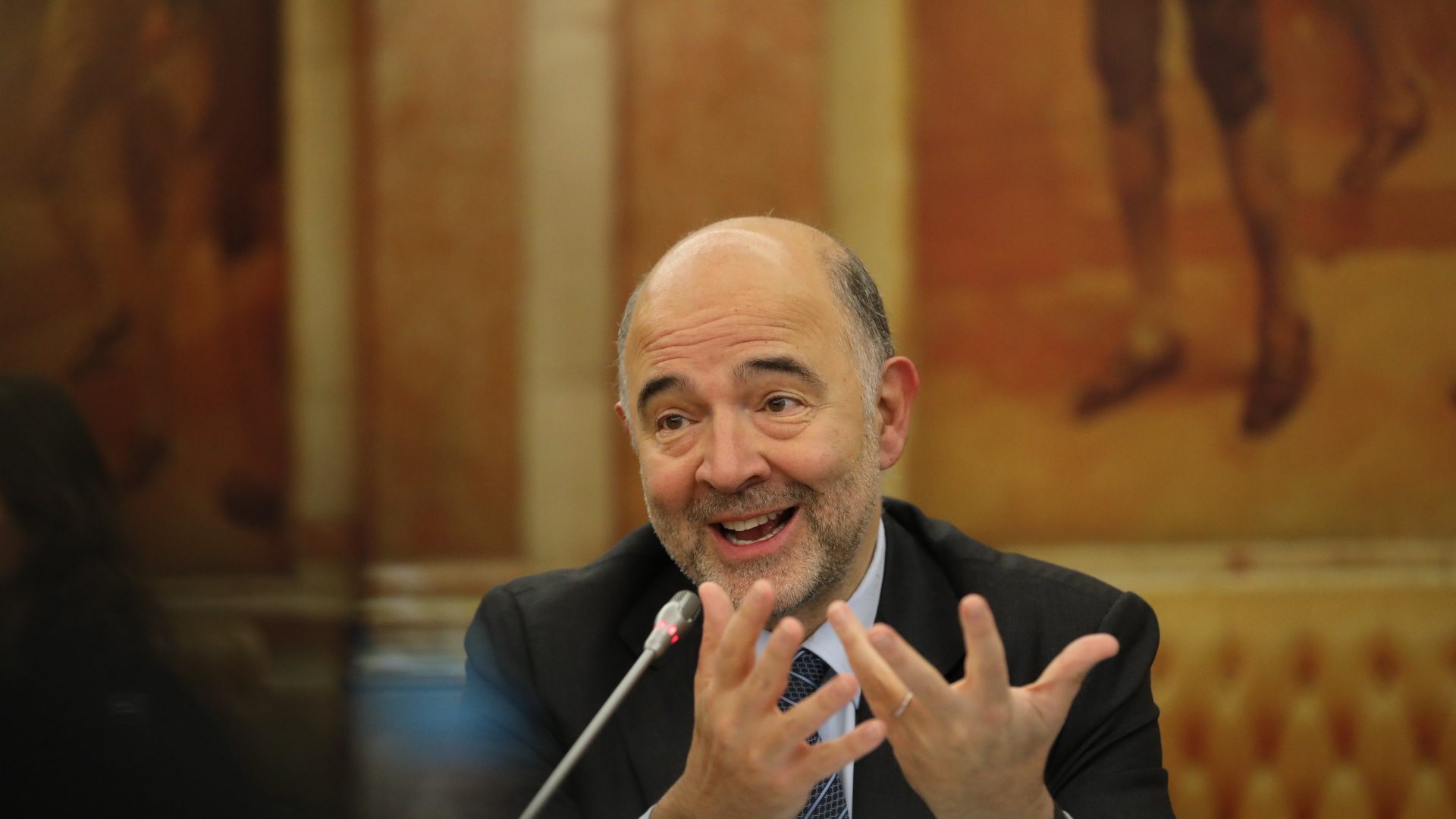Brussels says the Portuguese Government gave up on cutting back on civil service expenses
On the sixth Post-Programme Surveillance Report, the European Commission emphasizes that structural reforms to consolidate the Portuguese economy are not being applied fast enough.
The increase on expenses with civil service employees and the way reforms in the sector are being implemented is only one of the reasons presented by the European Commission to justify why they consider the Government is acting too slowly. “Fiscal-structural reforms are proceeding albeit slowly”, is stated on the sixth Post-Programme Surveillance Report, which brings together the conclusions drawn from the European Commission’s visit to Lisbon between June 26 and July 4.
“The wage bill increase signals that the public employment reforms are no longer aimed at reducing costs”. EC’s experts point out that staff costs and the number of civil service employees continue to increase, 2.8% and 0.9% in 2016, respectively. Therefore, they warn that Portugal needs to apply measures to keep up the good momentum of the economic recovery.
"The compensation for the financial impact of the new rules will need to be found in the 2018 budgetary process. The authorities have expressed their strong commitment to fully compensate the financial impact of the change of early retirement rules in order to maintain the achieved level of financial sustainability of the pension system. ”
The Portuguese Government wants to continue introducing changes in the early retirement regime, but those changes must include compensatory measures and be inscribed in the 2018 State Budget, according to the European Commission. The Government has underlined their commitment to “fully compensate the financial impact of the change of early retirement rules in order to maintain the achieved level of financial sustainability of the pension system”; however, alternatives under analysis seem limited.




